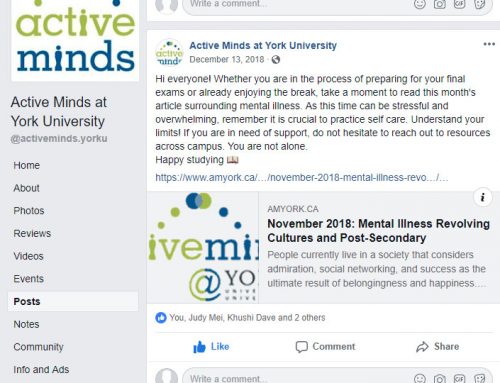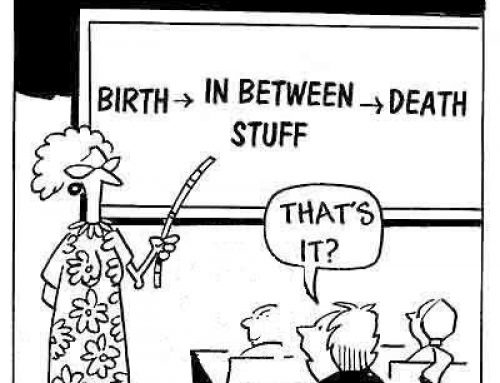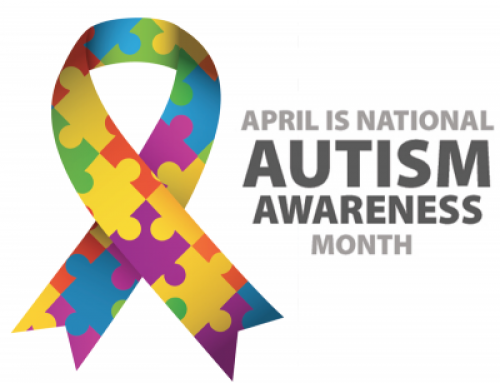A study published in the British Medical Journal, based on family and friends of people who were suicidal, highlighted the main challenges faced when trying to figure out whether a loved one is in danger and how it should be approached. Researchers investigated 14 suicides aged 18- 34 in London, none of whom were receiving specialist mental health care. They asked relatives and friends of the deceased what they had witnessed in the periods prior to the suicide and what they interpreted from the victim. Findings show that relatives and friends did not always receive clear and unambiguous warning signals from the suicide individual, even when it was obvious that something was seriously wrong, they did not always have the courage to take action. Family members and friends of those who may be contemplating suicide have a fear of intruding into another person’s emotional life or damaging the relationship by saying the wrong thing. Doctors with many years of training and experience find it difficult to assess whether or not a person is at risk of suicide. Family members and friends find themselves in territory in which they have no training and very little available information. They may know someone is troubled but have no idea that suicide is possible. The person may give in direct hints, possibly when disinhibited by alcohol, that they are thinking of killing themselves, but it is difficult for others to know how serious to take these messages and how to respond to them. Where emotional or psychological pain is involved, people do not consider seeking medical help with ease. A person feeling overwhelmed and suicidal, consulting a doctor and confessing those feelings requires courage and is often a last resort.


























